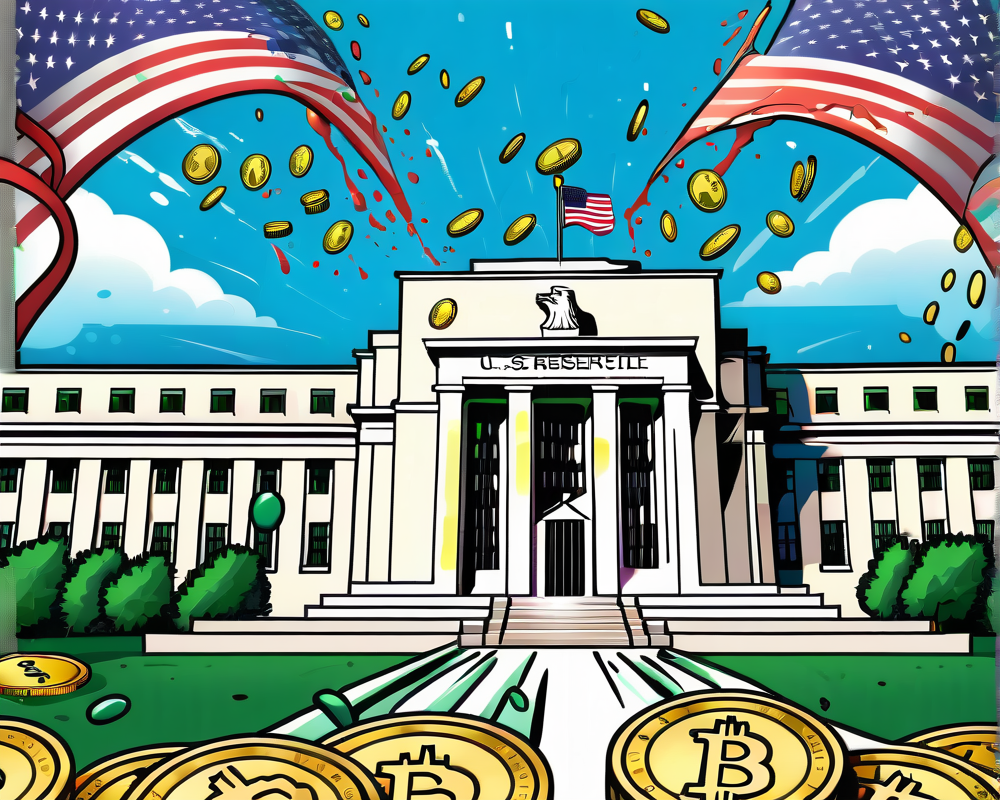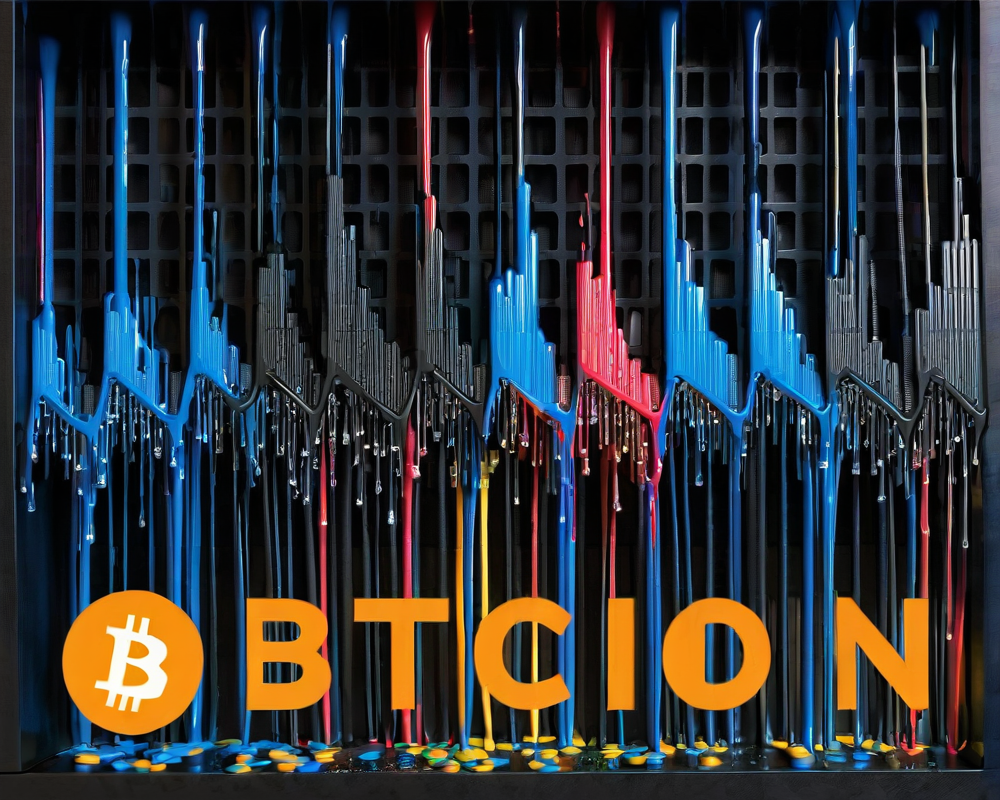From Scrutiny to Seriousness
Just a few years ago, the idea of a dollar stablecoin was something that would spark laughter in a crowded room of economists. Fast forward to today, and the Federal Reserve is not just listening; they’re actually engaging in conversations about it. With increased dialogue about cryptocurrencies, thanks largely to U.S. representatives French Hill and Bill Foster, the Fed is feeling the heat to articulate its stance, especially as Chair Jay Powell recently responded to their queries about a central bank digital currency (CBDC).
The Race to Digital Currency
Blockchain has been a buzzword in the global financial sector for a while now, but as countries like China gear up to launch their digital currencies, regulators are waking up from their slumber. The potential of government-issued stablecoins is no longer a fantasy but a looming reality. China’s announcement to introduce its digital currency has set the wheels in motion, testing the mettle of various monetary policies worldwide.
The Impact of Facebook’s Libra
Remember when Facebook’s Libra emerged on the scene? Despite its rocky path and the departure of major backers, its ambition has served as a wake-up call for regulators. If governments fail to adapt, private companies poised to jump into the market could leave them in the dust. Powell’s outlook, informed by nervous lawmakers, reflects a crucial shift: cryptocurrencies aren’t going away, and it’s about time the Fed acknowledges their existence.
Fed’s Dissection of Digital Currency
Despite Powell’s assessment that the Fed currently has no plans to create a CBDC, discussions about the pros and cons are ongoing. In his letter, he laid out a real conundrum: while a government-backed digital currency could streamline transactions, it poses significant legal and operational questions. Although the idea of a frictionless digital dollar is enticing, it raises eyebrows regarding privacy. After all, who’s keen on having the Fed prying into their transaction history?
Stability vs. Competition
Powell notes that introducing a centrally-backed digital currency would likely exacerbate certain economic issues. Just imagine: suddenly, everyone is converting their dollars to euros without a single cent in transaction fees! This newfound agility sounds fabulous until you consider the volatility it could unleash. Plus, there’s an unspoken fear that a well-structured CBDC could infringe on benefits that decentralized currencies inherently provide.
The Great Digital Conundrum
There’s no denying the authorities are scrambling to stay relevant in this rapidly evolving landscape, especially with China chomping at the bit to dominate the space. The big question is whether entering the digital currency race is worth the risk. Many experts believe that the mere prospect of a U.S. digital dollar would shape global markets significantly.
Dilemmas of Governance
However, it’s not all about economics; it’s also about governance. Experts warn that if regulations impose constrictive rules on the operations of a stablecoin, users might pivot toward decentralized options. In the grand scheme, could this paint a picture of a fiat system that leverages the structural flaws of decentralized currencies? Doubtful, but the idea adds a layer of complexity to the digital currency debate.
Racing Toward the Future
With countries like Sweden and Estonia pioneering their efforts to digitize assets and identity systems, the global race towards digital currency is heating up. The libertarian dream of completely decentralized governance might not be the end game. Yet, as Mark Zuckerberg famously warned, every passing day could give China the edge it needs in solidifying its digital Yuan. The race has begun, and whether we like it or not, we’re all signed up for this wild ride into the digital frontier.



